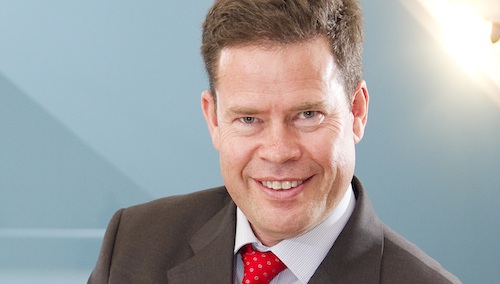
Telkom has no immediate plans to launch uncapped broadband products based on its asymmetric digital subscriber line (ADSL) copper network, despite growing competition in this space from rivals like MWeb.
That’s the word from Brian Armstrong, Telkom’s senior managing executive for enterprise markets. Armstrong says fewer than 3% of Telkom’s customers on Telkom Internet’s 9GB ADSL package use up their caps. “This suggests [uncapped broadband] is a niche product. The bulk of our subscribers would end up subsidising a niche product.”
He says Telkom Business already offers uncapped products, but he doesn’t believe there is any immediate need to offer similar services to the consumer market.
MWeb has a different strategy, driven by its parent, media group Naspers, Armstrong says. “I don’t want to badmouth their product [but] it’s a different strategy.”
Turning to Telkom’s plans to roll out fibre-optic access networks, Armstrong says the company has no plans for a “big bang” deployment of fibre to the home and to small businesses.
This is in spite of plans by a new rival, i3 Africa, which is promising to deliver high-speed fibre access to as many as 2,5m SA homes over the next four to five years. Copper will continue to be the principal way the home and small business markets are served by Telkom broadband, Armstrong says.
“Where we see demand, we will respond,” he says. The company will continue to build fibre closer to people’s premises, by extending these networks to the familiar blue-and-green cabinet boxes in residential neighbourhoods.
However, there are no plans to extend this infrastructure directly into people’s homes on any sort of scale, Armstrong says.
“There is no overwhelming or open-and-shut case for delivering fibre to the premises for small business and homes,” he says. “We will continue to invest in fibre, but it’s an acceleration of business as usual rather than some epiphany we have just had.”
Armstrong does not expect there will be a “big-bang wholesale replacement” of its legacy copper network with fibre. Any such replacement will take place over decades rather than years, he adds. — Duncan McLeod, TechCentral
- Subscribe to our free daily newsletter
- Follow us on Twitter or on Facebook




